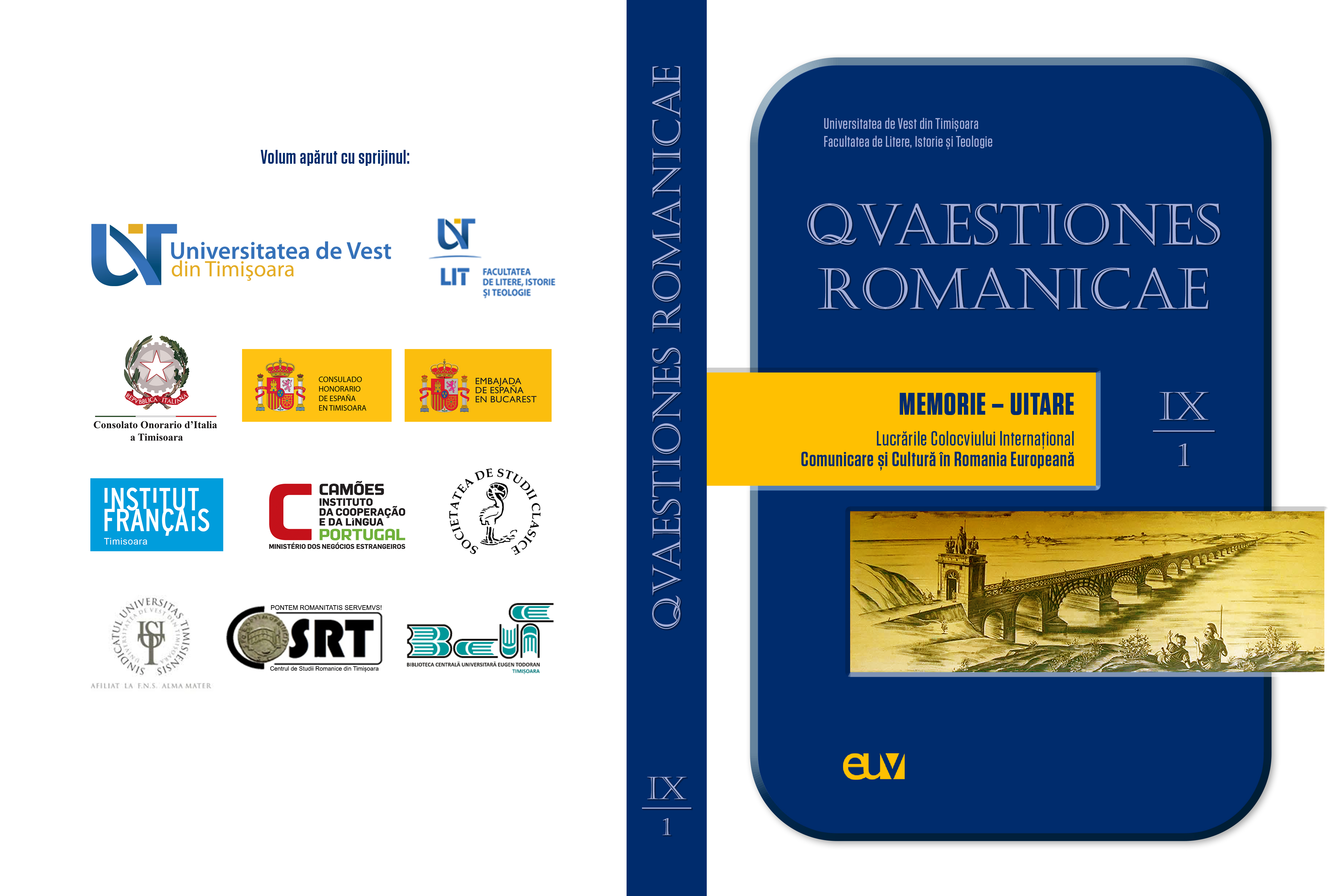Implicații psihologice ale diminutivării în limba română
The use of diminutives and its psychological implications in Romanian
Author(s): Silvia IluțSubject(s): Psychology, Psycholinguistics, Sociolinguistics
Published by: Universitatea de Vest din Timişoara
Keywords: diminutive; psycholinguistics; interdisciplinary approach; sociolinguistics; psychology;
Summary/Abstract: This paper is devoted to the analysis of psychological motivations that determine the speaker to use diminutives in the communicative act. The premise of this section is grounded in observations of the main character traits of Romanians. The analysis is focused on the psychological effects produced in the interlocutor's mind, as a consequence of the use of diminutives. In specifying the main “cause” that triggers the speaker to resort to these structures, we start from the idea that diminutives play a significant role in establishing a balance between the subject's subconscious and the verbal expression. In addition, we point out the effects on interpersonal relationships caused by the implicatures of using diminutive constructions. At the same time, we highlight the fact that Romanians are persevering in terms of cognition, verbal behavior, and in communication they manifest their inferiority/superiority complex to the interlocutor. In this way, diminutives become devices or means for releasing the positive or negative feelings conveyed towards the interlocutor. It addresses the covariation between the psychological component, which motivates the subjects to use diminutives in speech, and the sociolinguistic one, related to varibles such as age, sex, socio-professional status of the participants in the discursive act. The hypothesis of this investigative approach is that diminutives encountered in communication are “caused” by psychological factors, as well as other factors such as the degree of involvement of the speaker in the conversational interaction, social or geographical background (area or social class). The purpose of the survey is to reveal how diminutives are perceived by the Romanian people and how the subject relates to the interlocutor when he uses diminutives. The theoretical basis draws its sources from the realm of psycholinguistics, but also from the principles of pragmatics and sociolinguistics. The main part of the present study contains the different stages of a sociolinguistic survey.
Journal: Quaestiones Romanicae
- Issue Year: IX/2021
- Issue No: 1
- Page Range: 235-348
- Page Count: 14
- Language: Romanian

